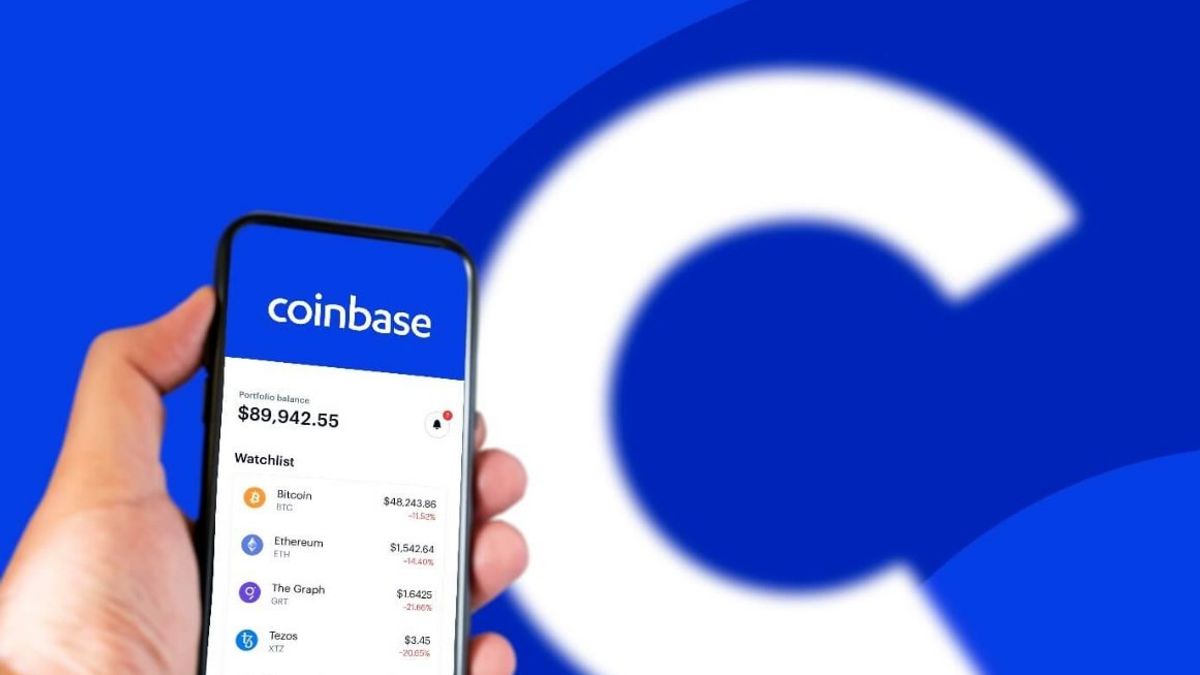Coinbase Expands German Operations with New Crypto Listings

Coinbase, a prominent cryptocurrency exchange, officially announced on May 26th a significant expansion of its services in Germany, introducing eight new cryptocurrencies to its trading platform. These new listings are exclusively available to users in Germany, underscoring Coinbase's increasing strategic focus on the European crypto market and its commitment to providing localized access to digital assets.
The newly added altcoins available to German users for buying, selling, converting, sending, receiving, and storing include: Rocket Pool (RPL), Reserve Rights (RSR), Pudgy Penguins (PENGU), Renzo (REZ), Aethir (ATH), Syrup (SYRUP), Pendle (PENDLE), and Layer3 (L3). Coinbase noted that German users might need to refresh or update their applications to see these new tokens. This diverse selection represents various trending narratives within the blockchain space, offering German users exposure to different types of crypto assets beyond major ones like Bitcoin and Ethereum.
Among the new tokens, Rocket Pool (RPL) is recognized as a leading decentralized Ethereum staking protocol that offers liquid staking solutions. Reserve Rights (RSR) serves as the utility token for the Reserve Protocol, which is focused on facilitating the creation of stablecoins.
Pudgy Penguins (PENGU) is a token likely associated with the popular NFT collection of the same name and its expanding ecosystem. Renzo (REZ) is a liquid restaking protocol built on EigenLayer, concentrating on providing yield opportunities within the burgeoning restaking space.
Aethir (ATH) operates as a decentralized cloud infrastructure network, often categorized under the DePIN (Decentralized Physical Infrastructure Networks) umbrella. For Syrup (SYRUP), while specifics can vary, it typically relates to yield farming or governance within a particular DeFi ecosystem; users are advised to research the specific SYRUP token listed by Coinbase.
Pendle (PENDLE) is a protocol that enables the tokenization and trading of future yield, thereby offering users advanced yield strategies. Lastly, Layer3 (L3) is a platform centered on web3 discovery and earning through interactive experiences and quests, often acting as a bridge for users to various chains and protocols.
This expansion is part of Coinbase's broader strategy to grow its presence in Europe, particularly as it navigates an evolving and sometimes challenging global regulatory landscape, including scrutiny in the U.S. By enhancing crypto access in Germany, Coinbase aims to solidify its market position and cater to the increasing demand from German crypto users seeking regulated and accessible ways to invest in a wider range of altcoins.
Germany represents a key market for Coinbase due to several factors. It is a significant economic powerhouse in Europe with a large and growing crypto-savvy population. Furthermore, Germany has a relatively clear licensing framework for crypto services; Coinbase itself holds a crypto custody license from the Federal Financial Supervisory Authority (BaFin), which adds a layer of regulatory clarity for its operations and users in the country.
Coinbase appears to be doubling down on a strategy of localized crypto access, offering tailored services and asset selections to specific regions. Germany is taking a leading role in this rollout, and such regional expansions are crucial for maintaining a competitive edge in the global digital asset markets.
For German crypto users, this development brings several tangible benefits. Primarily, it means increased investment opportunities, allowing for greater portfolio diversification. Access to a wider array of altcoins on a familiar and regulated platform like Coinbase simplifies the investment process compared to potentially using multiple, smaller, or less-regulated exchanges.
Additionally, the new listings provide German users with direct exposure to emerging trends and cutting-edge sectors within the crypto world, such as liquid staking, restaking, decentralized infrastructure, and NFT-related projects. This allows them to participate in these evolving narratives early on and build more robust crypto portfolios.
However, while the addition of these new tokens offers exciting possibilities, it is crucial for German crypto users to approach these new listings with caution and a clear understanding of the associated risks. Altcoins, especially those with smaller market capitalization or newer projects, can be significantly more volatile than established cryptocurrencies like Bitcoin or Ethereum.
Key considerations for investors include the inherent price volatility of these assets. Thorough research is paramount; users should endeavor to understand the technology, use case, development team, and market position of each token before making any investment decisions, rather than investing based purely on hype. The regulatory status and tax implications of trading various cryptocurrencies in Germany should also be understood. Finally, while Coinbase listings generally improve liquidity, some newer or smaller tokens might initially have lower trading volumes compared to major assets.
To navigate these new options effectively, German users are strongly encouraged to 'Do Your Own Research' (DYOR). This involves visiting the official websites of projects like Rocket Pool, Renzo, Pendle, and Aethir, reading their whitepapers or documentation, and understanding the problems they aim to solve and their long-term vision.
Practical steps for those ready to explore the new tokens include starting with smaller investment amounts to gauge market dynamics. Gaining a basic understanding of the underlying blockchain technology and the specific niche each token occupies (e.g., liquid staking versus decentralized cloud infrastructure) is also beneficial. Coinbase often provides educational content about listed assets, and users should leverage these resources. Finally, all investment decisions should align with individual financial goals and risk tolerance.
In summary, Coinbase’s decision to list these eight new altcoins marks a positive development for the German cryptocurrency market. This expansion not only increases the range of investment options available to German crypto users on a trusted and regulated platform but also signifies the growing importance of Germany in the global crypto landscape. While the opportunities are compelling, users must remember the critical importance of thorough research and prudent risk management when exploring these new digital assets.











